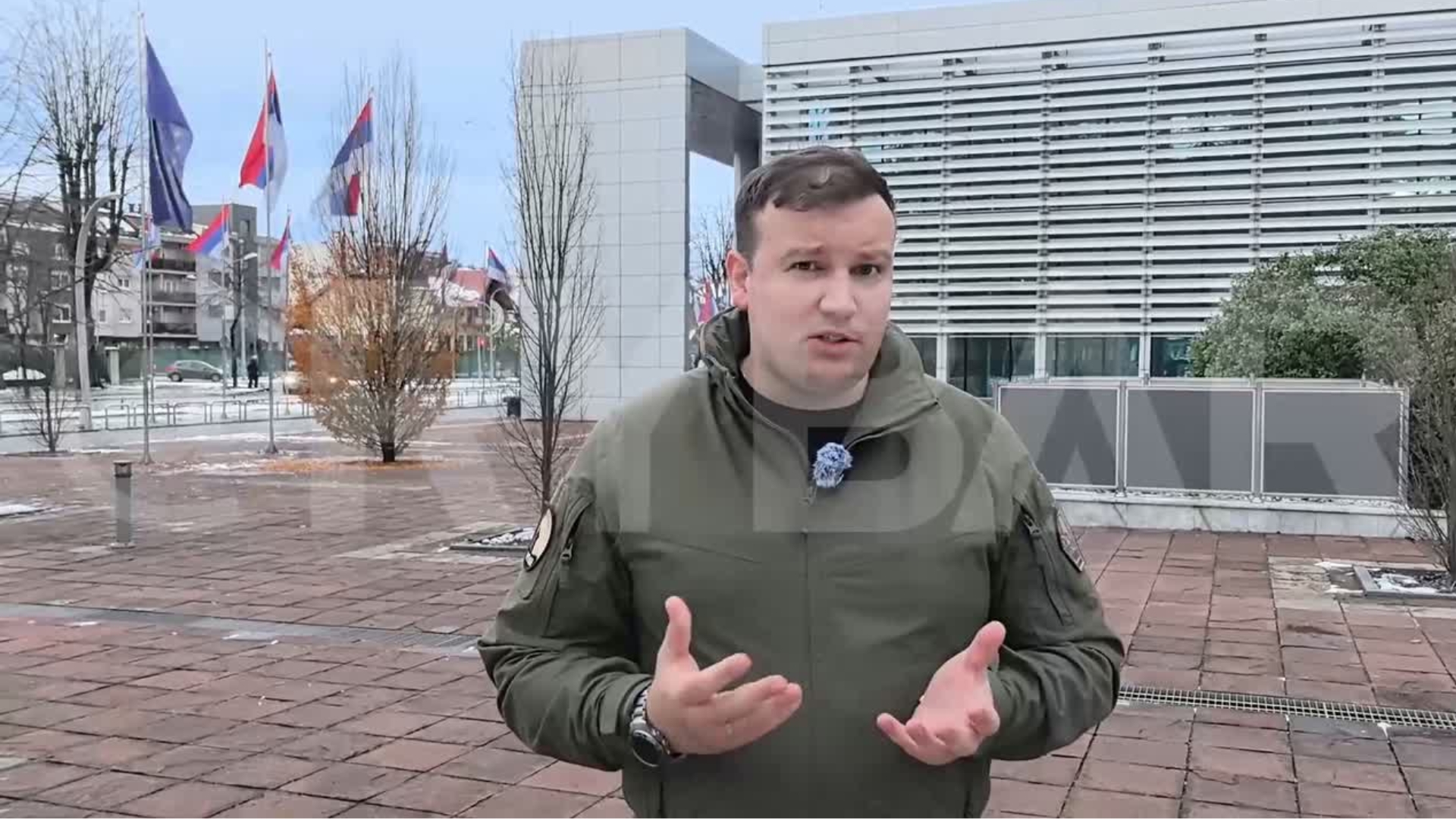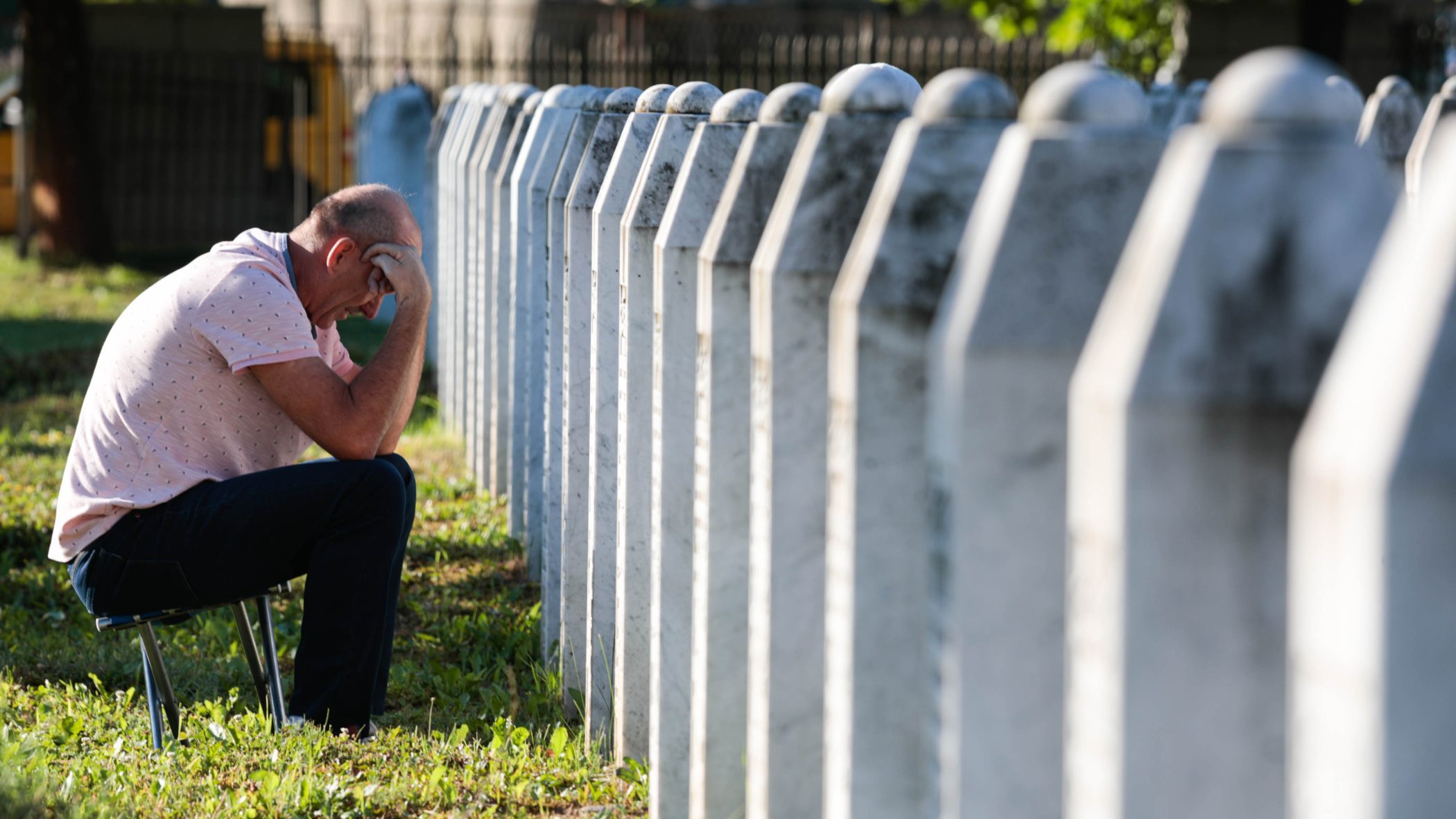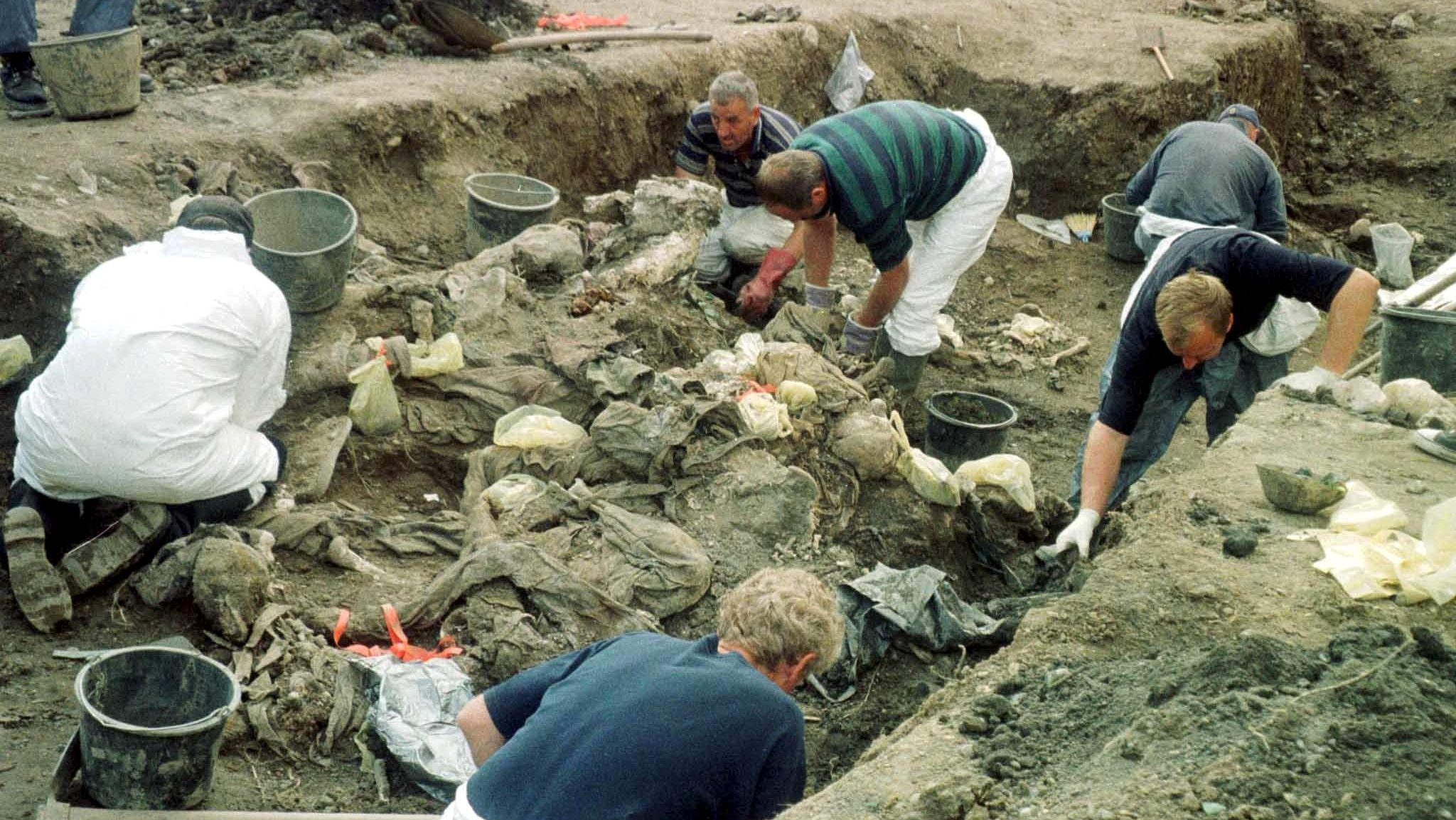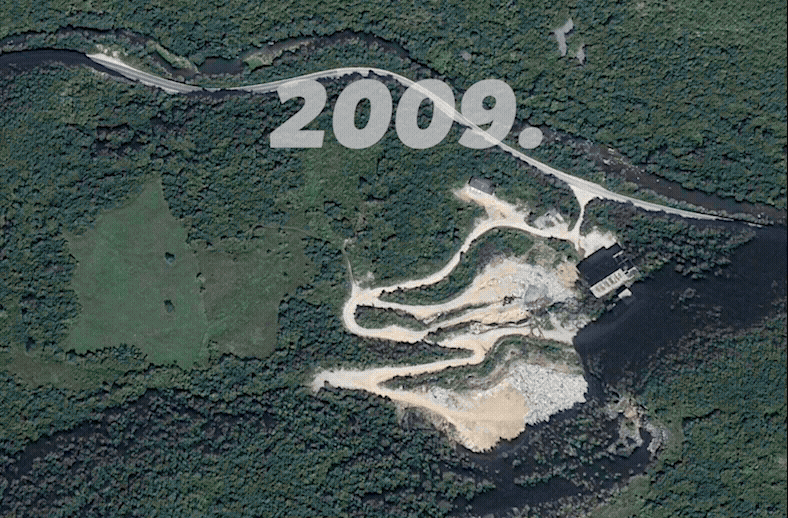Presenting himself as a religious authority and humanitarian, Alen Kotoric used the TikTok profile Hadžija to collect money from followers around the world for months, convincing them they were helping...
After the state prosecution again filed most of its war-crimes indictments for the year in the last three days of December, there were questions about the motives.
During the campaign for the early elections for the Republika Srpska presidency, hate speech was used on a daily basis, with the most frequent source being SNSD party leader Milorad...
A representative of Russian media outlet Rybar, which was sanctioned by the UK for spreading propaganda and trying to sway elections, was in Banja Luka for November’s Republika Srpska presidential...
On the 30th anniversary of the Dayton peace deal’s signing, a US-sanctioned Russian foundation held conferences in Banja Luka and Belgrade, where participants were captured on camera by Detektor glorifying...
Every year in Bosnia and Herzegovina, families learn that the remains of persons they have buried, believing them to be their loved ones, were misidentified. However, such cases could be...
As the years pass, families of victims still missing from the war in Bosnia and Herzegovina grow increasingly desperate to locate the remains of their loved ones and lay them...
Blok 7 Termoelektrane Tuzla trebao je biti generacijski projekat. Bila bi to prva velika nadogradnja neke termoelektrane u Bosni i Hercegovini u državnom vlasništvu od kada su ovi pogoni za...
Illegal landfills are expanding in size in Bosnia and Herzegovina, according to a BIRN analysis of satellite images.








